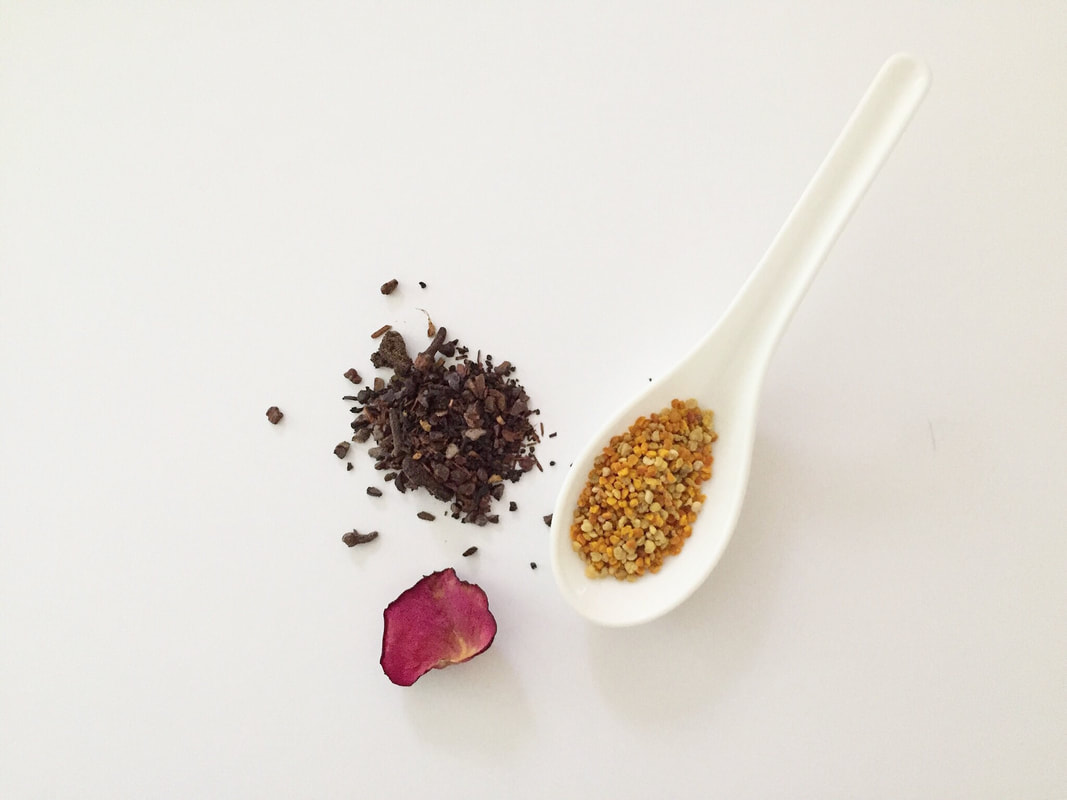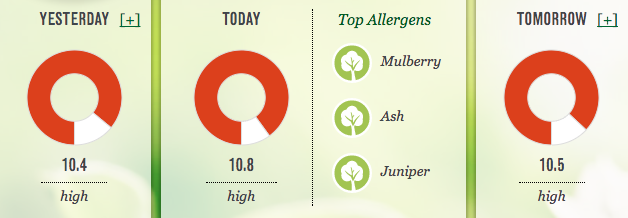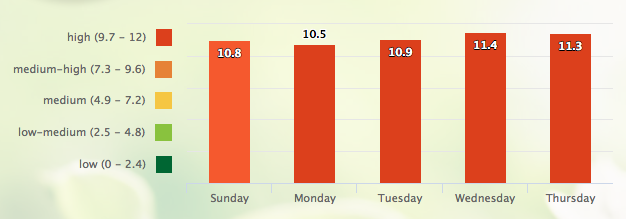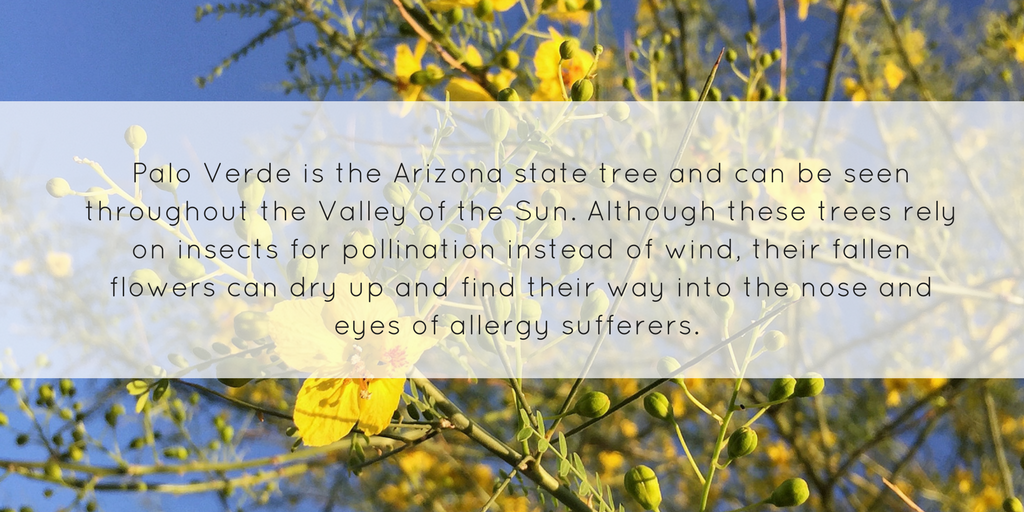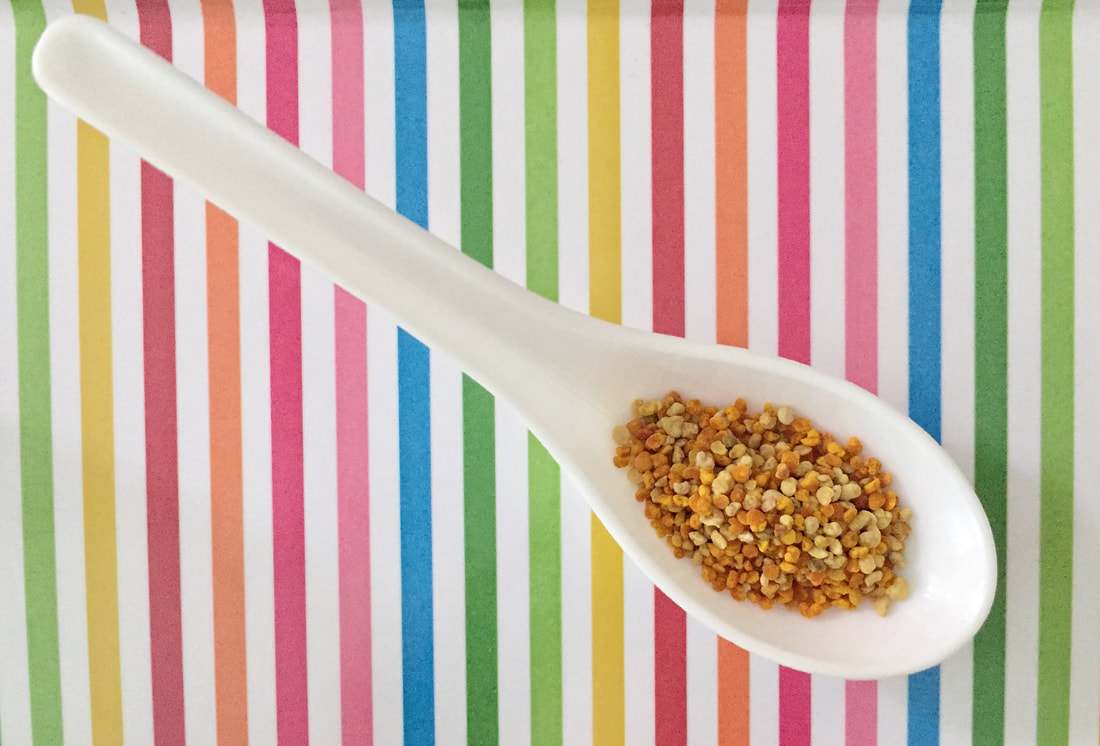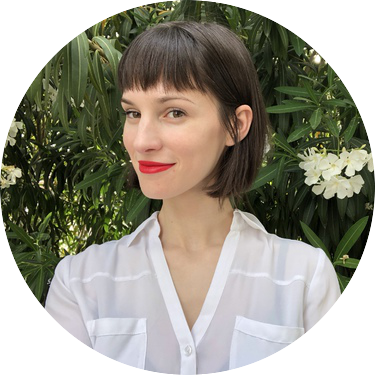|
The weeks leading up to the Arizona desert bloom bring beauty all over the Valley. For many of us, these warmer temperatures also bring annoying guests; seasonal allergies. Pollen counts in Phoenix are at an all time high and reports will tell you that people with seasonal allergy symptoms won't be catching a break for a while. I'm here to share some advice on natural remedies to tame that runny nose and watery eyes this spring. What causes seasonal allergies?The biggest trigger for seasonal allergies is pollen. Trees, grasses, and weeds release pollen into the air and spread to fertilize plants, which gives us that beautiful desert bloom. When someone with seasonal allergies inhales pollen, the immune system sees the pollen as a threat and raises it's defenses to neutralize the invader. A large part of our immune defenses exists within our white blood cells, which store substances called histamines. Histamines stimulate fluid production in your cells to get rid of the harmful invaders. This means promoting symptoms like runny nose, itchy eyes and throat, sore throat, sneezing, and coughing. The severity of your allergy also depends on pollen levels. Your immune system naturally wants to defend against invaders that may be harmful to you- like bacteria, viruses, and parasites. Pollen, similar to pet dander and dust, is not necessarily "harmful" in nature, therefore symptoms occur when your immune system is inappropriately overreacting to a stimulus. Above is the daily and 5 day pollen report for Glendale, AZ taken on April 8, 2018 from pollen.com. This year, allergy season in Phoenix has had people suffering since late January and some may experience symptoms well into May. Beware: Steroids vs. DecongestantsConventional treatment options for seasonal allergies often include over-the-counter remedies such as nasal steroid sprays, decongestants, and antihistamines. Nasal rinses can also provide some relief. Nasal steroid sprays tend to be recommended compared to nasal decongestants, since prolonged use (exceeding 3 days) of nasal decongestants can result in rebound congestion. Rebound congestion is a worsening of nasal congestion due to decongestants such as Afrin, Sudafed, and Sudafed PE. If you are experiencing seasonal allergy symptoms, it is recommended to see your physician first to determine the most appropriate treatment options. It is best practice to consult your physician before implementing any new health and lifestyle changes. Acupuncture for Immune SupportAn unbalanced immune system can respond excessively to non-threatening substances, such as pollen, dust, and even your own cells. A balanced immune system will respond to only harmful invaders to eliminate the threat as soon as possible, while incurring as little cellular damage as possible. Your immune system is intertwined in various body systems such as your blood, skin, lungs, nose, mouth, and gut. These systems respond to invading organisms by increasing fluid production and blood circulation to help flush them out as soon as possible. Acupuncture can help manage allergy symptoms by balancing the immune response, which controls levels of inflammation, blood circulation, and fluid production in the body. These changes happen at a cellular level, therefore it's best to begin regular acupuncture treatments at least 2 weeks before you typically experience symptoms. It's better to go into allergy season with a balanced immune system, rather than waiting until you experience annoying symptoms. You better BEE-lieve it!As you may already know, I'm a New York native. Up until I moved to Glendale, AZ, I had never experienced seasonal allergies. This all changed in 2017. Flashback January 2017: You name it, I was feeling it- sore throat, itchy eyes, runny nose, constant dull headache, and overall irritability due to the lingering discomfort of symptoms. So naturally, I turned to the medicine I know and trust. I began a daily regimen of self-acupuncture (reminder: I'm a Licensed Acupuncturist; acupuncture should only be performed by a licensed professional) that focused on balancing immunity and facial acupuncture for acute symptom relief. I also completely eliminated dairy from my diet during allergy season, since it contributes to excess inflammation and fluid production. It's 2018, and we're in the throes of allergy season. I have not experienced any allergy symptoms, even in the face of my former foe- the Palo Verde tree. What's different? I was introduced to local bee pollen through Sun Valley Bees at the Glendale Farmers Market. I began taking it 2 months before allergy season to allow my body time to build immunity against my known allergens. It’s important to get bee pollen sourced from a radius of 25 miles around where you live, so that it will be most effective in building up immunity to what’s in bloom. Also; dosage is extremely important. Start with small doses as you're introducing it into your daily regimen. If you take too much at the beginning, it will exacerbate allergy symptoms.
0 Comments
Your comment will be posted after it is approved.
Leave a Reply. |
Terms and Conditions | Privacy Policy
Copyright © 2016-2024 JOYSOMA Acupuncture. All Rights Reserved.
Copyright © 2016-2024 JOYSOMA Acupuncture. All Rights Reserved.

